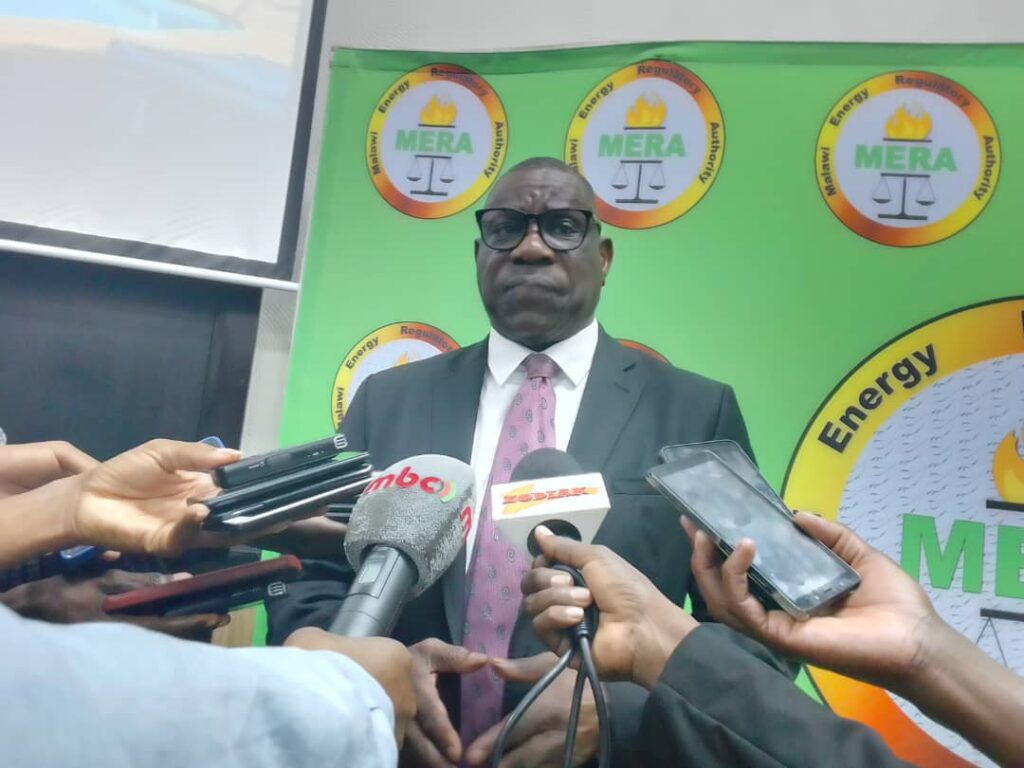
CAMA PROPOSES ELECTRICITY BASE TARIFF ADJUSTMENT BY 46%
Published on July 11, 2023 at 10:19 AM by Robert Ngwira
By Steven Godfrey Mkweteza
Consumer Association of Malawi(CAMA), has proposed a 46% electricity tariff increase in the four years, instead of the 69.7% that ESCOM has put on the table.
Executive Director for the consumer busting body, John Kapito describes ESCOM’s proposal as ill-timed looking at the prevailing economic hardships.
Kapito added that prices of almost all the goods have gone up and Malawians should not be burdened further.
CAMA has further condemned ESCOM for allegedly failing to find lasting solution towards eradication of corruption at it’s institution; arguing most of its generated money is misused.
Among others, Kapito cited system failure, poor customer care as some of the challenges that needed to be put into consideration before the tariff base was adjusted upwards.
Kapito further said that Escom had promised to connect over 90,000 customers every year during the last four years but failed meet the target, by only connecting 20,000 customers.
“We need the tariff that can attract the foreign direct investment in consideration of the cost of doing business. On top of that, we have to know how Escom performed when tariff was adjusted during the 2018 to 2022 before we nod to their proposal,” said the seemingly furious Kapito.
According to Kapito, Malawi is amongst the countries in the SADC region with highest electricity tariff.
Earlier, ESCOM Chief Operations Officer, Maxwell Kulimakwenda said their quest for the new tariff is because of rise in prices of thing s and depreciation of the Malawi Kwacha.
According to Makwenda, as a result of the revenue deficit in the year 2018-22 base tariff period, Escom under-performed in some of the key performance indicators which included among others, new connections, adherence and implementation of some planned investments/ projects.
“This is because Escom prioritized paying generators and the independent power producers while the operations suffered,” said Makwenda.
He indicated that the sector reported a total revenue deficit of MK99.18 billion in the period of July 2018 to December 2022.
Makwenda said if the proposed tariffs adjustment was effected, it was likely going to cushion the corporations’ against the impact of the economic shocks such as devaluation of the kwacha as well as the inflation.
Makwenda further disclosed that tariff adjustment was also necessary as it would facilitate the payment if the upcoming power purchase for the Mozambique and Malawi inter-connector deal.


